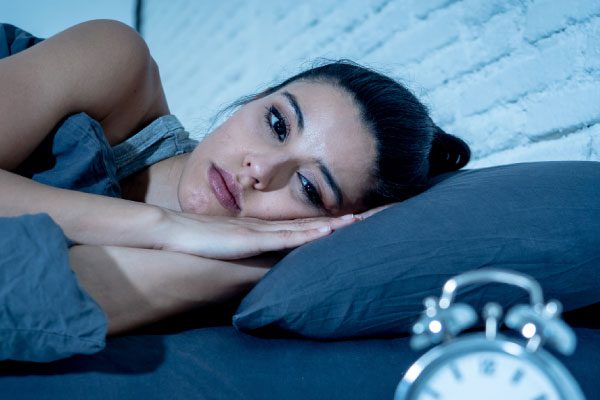
Advertisement – Continue Reading Below
Insomnia is a psychological condition in which a person faces difficulty in sleeping. This can be acute for instance, a short-lasting sleeping disorder or chronic which is long-lasting. Acute insomnia can last for about one week. However chronic insomnia can last for about 3 months or more.
Let us find out what are the myths and facts about what causes insomnia.